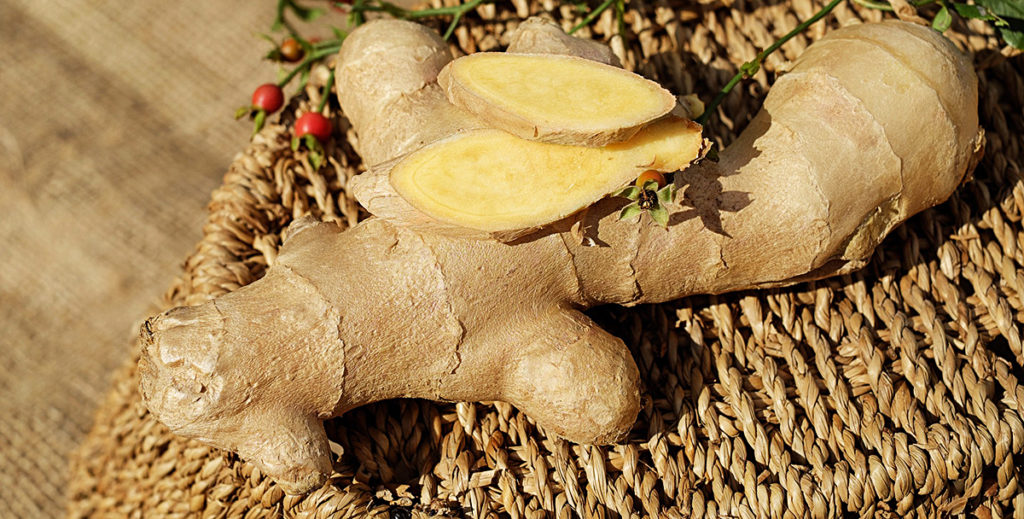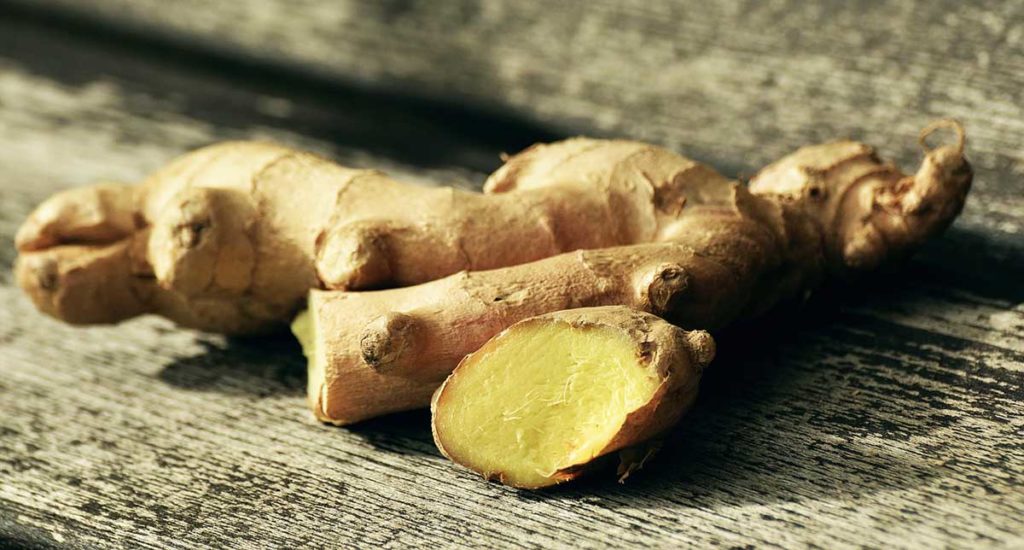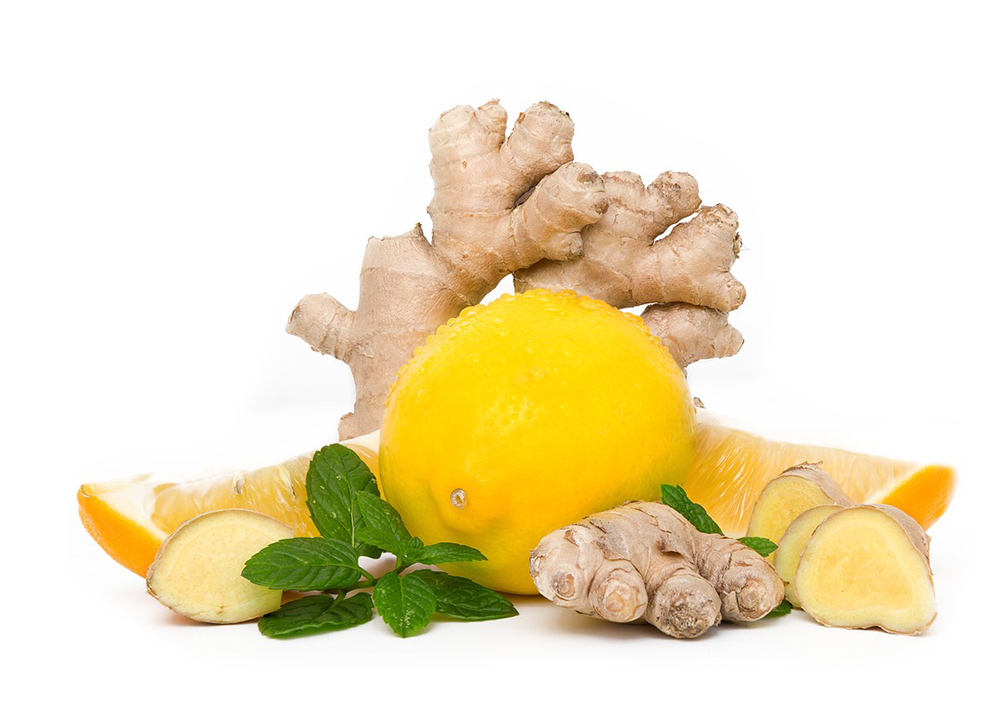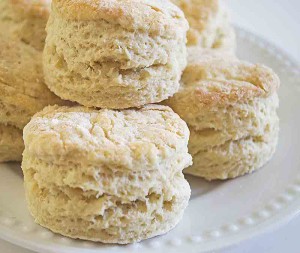
Ginger is one of the oldest and most used spices in the world. Often referred to as ginger root, the part of the plant that is used is the rhizome, or underground section of the stem which the roots grow out of. It is used both as an important healing herb, and as a culinary spice, and is an important ingredient in many cultural dishes. It has been used in Asia for over 3000, and was among the first herbs to find it’s way to the west during the beginning of the spice trade, and has been used in the Middle East and southern Europe since before the Roman Empire. In fact it was so valued that in ancient times it was said to be part of a drink that was served in paradise.
Culinary Uses
Ginger is extremely versatile and is used in many dishes and has comes in many forms. It can be used both fresh, dried, or ground, and can also be preserved, pickled, and crystallized or candied. It is unique in the world of spices in that it is used with equal frequency in both savory and sweet dishes, ranging from curries, and soups, to cakes and cookies.
 Ginger adds a warmth and freshness to savory dishes. It works very well in a marinade, especially alongside citrus fruits, soy sauce, garlic, and onions. It is a good idea to always have a bit of fresh ginger in the refrigerator, where it will keep for at least a few weeks. The best way to use fresh ginger is grate it with a fine grater, this is both easier than dicing, and will release a more of the spice’s flavor. Adding finely grated ginger to soups, stir frys, marinades and other dishes can help push them past being just another dish into something wonderful.
Ginger adds a warmth and freshness to savory dishes. It works very well in a marinade, especially alongside citrus fruits, soy sauce, garlic, and onions. It is a good idea to always have a bit of fresh ginger in the refrigerator, where it will keep for at least a few weeks. The best way to use fresh ginger is grate it with a fine grater, this is both easier than dicing, and will release a more of the spice’s flavor. Adding finely grated ginger to soups, stir frys, marinades and other dishes can help push them past being just another dish into something wonderful.
When purchasing fresh ginger the weight and firmness of the flesh will help determine freshness. The length of the rhizomes is a sign of their mature. More mature rhizomes will be hotter and a bit more fibrous than younger ones. Dried ground ginger has a completely different flavor than fresh. The two types should not be used to replace each other in recipes. Ground ginger is more often used in sweet dishes such as cookies.
Medicinal Uses
As well as being a spice of exceptional versatility, ginger has many health benefits and medical qualities. It is know as one of the worlds oldest remedies in herbal and traditional medicine, and has been used as a healing herb in many cultures for thousands of years. It has been proven effective and is used in many ways from immune boosting, to pain relief, and nausea relief .

Ginger is used as both a preventative measure, and a remedy for fighting the common cold. It has been show to be effective at inhibiting rhinoviruses, the type of viruses that are the cause of colds. It is believed that some of the compounds that give it its antibacterial and antiviral properties are the reason for this. Because of anti-inflammatory and pain relieving compounds called gingerols, this herb provides some relief of many major cold symptoms. Reducing sinus inflammation, congestion and coughing and reliving sore throats achy muscles and headaches.
Another common use for ginger is to prevent and relieve nausea. It has been used since ancient times as a remedy for motion sickness and morning sickness. This is why it is said that you should drink flat ginger ale to help with an upset stomach. In fact it is so effective that Gravol has a ginger tablet as a non drowsy alternative. It is also mild and safe enough in moderate doses that it can be used by both pregnant women and children.
Similarly to helping an upset stomach ginger can also be used as a remedy for indigestion, and in many parts of the world it is given as an appetizer or aperitif for this reason. As discussed it can help with nausea, but it can also reduce bloating and discomfort. Ginger has been show to help increase the absorption of some nutrients by the body, and research shows that it helps regulate and increase the rate that the stomach empties into the intestines after a large meal.






